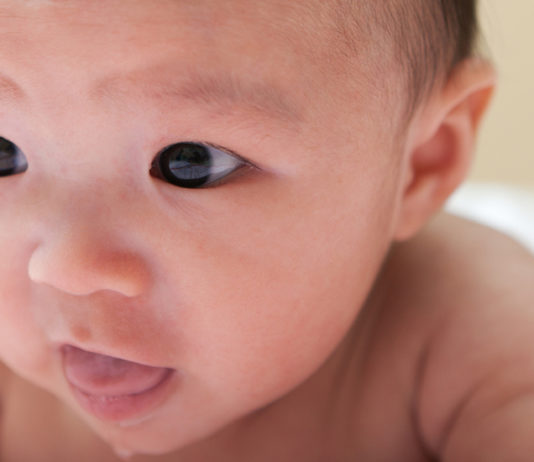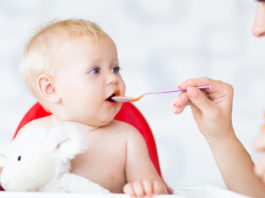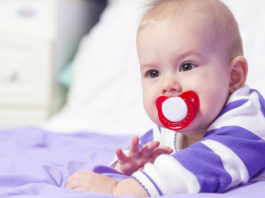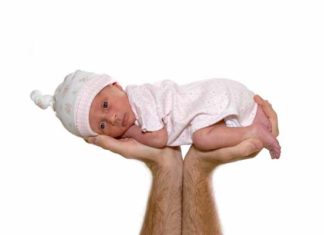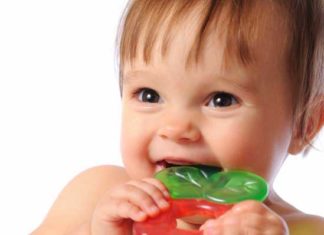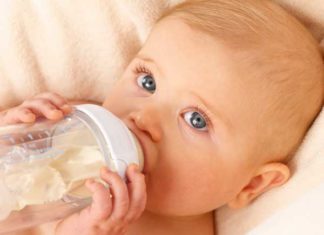High BPA levels in children associated with higher risk of obesity and abnormal waist...
Children who have higher levels of Bisphenol A (BPA), a chemical previously used in many products for kids, like baby bottles and plastic toys, had a higher odds of obesity and adverse levels of...
How safe is nursery furniture?
Nursery furniture is a major cause of child injury resulting in more than 6500 children treated in hospital emergency departments in Australia each year.
This has prompted QUT Honours student Kim Vuong, from the university's...
Caesareans weaken gut microbiota and increase risk of allergies
Children who came into the world by Caesarean section are more often affected by allergies than those born in the natural way. The reason for this may be that they have a less diverse...
Personality may affect a new mother’s decision to breastfeed
A new analysis has found that mothers who are more extroverted and less anxious are more likely to breastfeed and to continue to breastfeed than mothers who are introverted or anxious. Published early online...
Personality may affect a new mother's decision to breastfeed
A new analysis has found that mothers who are more extroverted and less anxious are more likely to breastfeed and to continue to breastfeed than mothers who are introverted or anxious. Published early online...
Children and magnets have a dangerous attraction, end up in the ER
Cases involving children ingesting magnets quintupled between 2002 and 2011, with ingestion of multiple magnets generally resulting in more serious outcomes, including emergency surgery. The results of a study documenting a rapid rise in...
Breastfeeding may reduce Alzheimer’s risk
Mothers who breastfeed their children may have a lower risk of developing Alzheimer’s Disease, with longer periods of breastfeeding also lowering the overall risk, a new study suggests.
The report, newly published in the Journal of...
Breastfeeding may reduce Alzheimer's risk
Mothers who breastfeed their children may have a lower risk of developing Alzheimer’s Disease, with longer periods of breastfeeding also lowering the overall risk, a new study suggests.
The report, newly published in the Journal of...
Breastfeeding may protect against persistent stuttering
The analysis, reported in the Journal of Communication Disorders, found a dose-dependent association between breastfeeding and a child’s likelihood of recovering from stuttering, with children who were breastfed longer more likely to recover. Boys,...
Improving medicine acceptance in kids: A matter of taste
Despite major advances in the pharmaceutical treatment of disease, many children reject medicines due to an aversion to bitter taste. As such, bitterness presents a key obstacle to the acceptance and effectiveness of beneficial...
- Advertisement -
Sign up to receive the latest parenting news, competitions, health information, baby/child/whole family recipes, play ideas, outings, personal stories and much more.


